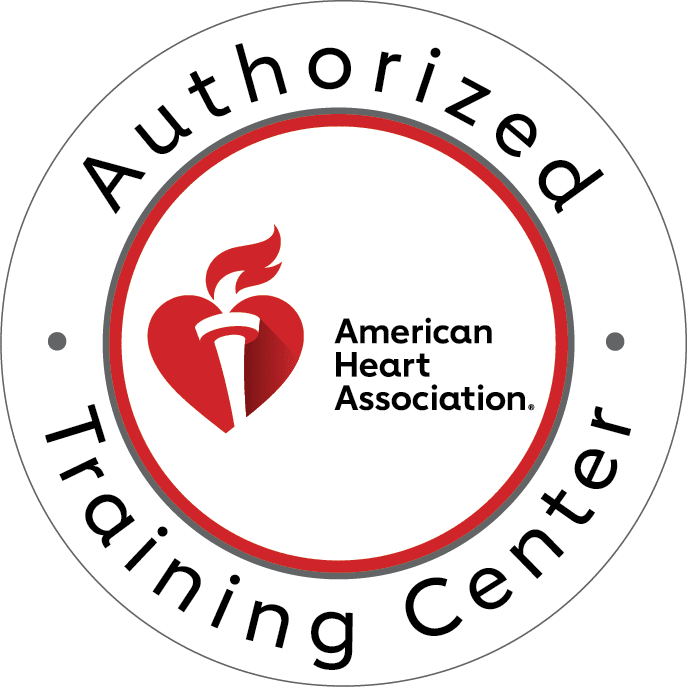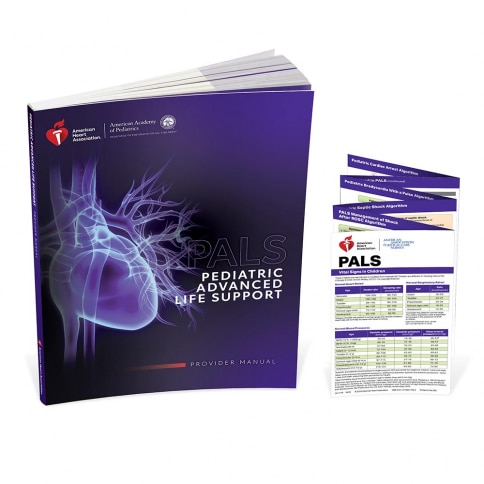Pediatric Advanced Life Support (PALS) – Classroom
The PALS Provider Course aims to improve outcomes for pediatric patients by preparing healthcare providers to effectively recognize and intervene in patients with respiratory emergencies, shock, and cardiopulmonary arrest by using high‐performance team dynamics and high‐quality individual skills. The course includes a series of case scenario practices with simulations that reinforce important concepts. Upon successful completion of all the patient cases, students must pass the multiple-choice exam with a minimum score of 84%.
Who should take this class?
The PALS Course is designed for healthcare providers who respond to emergencies in infants and children and for personnel in emergency response, emergency medicine, intensive care and critical care units
The American Heart Association strongly promotes knowledge and proficiency in all AHA courses and has developed instructional materials for this purpose. Use of these materials in an educational course does not represent course sponsorship by the AHA. Any fees charged for such a course, except for a portion of fees needed for AHA course materials, do not represent income to the AHA.
PALS is also offered in a Blended Learning format; click here for our Blended Learning course schedule: https://www.superiorlifesupport.com/courses/healthcare/pals-online/
Classroom
march, 2025
Certification Renewal
march, 2025
*If the Pre-Course Test for the PALS Renewal Course is not complete PRIOR to the class, you may not be permitted entrance into the class due to other students who have already completed pre-course test. Precourse Self-Assessment and Precourse Work can be found here: https://elearning.heart.org/course/426


